Overview
In this module you will learn about privilege and power as well as the impact these have on an individual’s experiences within B.C.’s K–12 education system and in society in general.
The module consists of:
- Concepts — key learning ideas
- Reflections — questions that ask you to reflect on your own experiences
- Explore how identity and power intersect.
- Identify what privilege is and how it reinforces dominant culture.
- Reflect on how power and privilege shape an individual’s experience within the education system.
- Begin reflecting on the privilege you hold, and how you might use it to strengthen an environment of respect and dignity for everyone to support anti-racist behaviours and actions.
What is Intersectionality?
Intersectionality is a term used to talk about interrelated identities that make each person unique. Dr. Kimberlé Crenshaw, a Black legal scholar, came up with this term and approach. It explains how power and privilege impact the way each person experiences the world, based on their ‘intersecting’ identities. This means, an individual is likely to experience the impacts of racism more heavily if they belong to groups that generally experience less systemic power and privilege.
Coming into the classroom, I need to fully understand my identity and the privileges it holds. The exploration of self enables me to begin to understand the diversity of the students before me in the classroom. This is the beginning of ensuring all students are seen, heard, and validated and can contribute to our learning community.
Staff Member, B.C. Education System
In society, there are systems in place that support people who are part of the dominant culture. This reinforces their power and privilege over others.
People with less power and privilege face more barriers within various systems, such as school and medical systems. This is because systems have historically originated from values that protect the dominant culture (for example, colonial, patriarchal, heterosexual, and/or hierarchical values).
